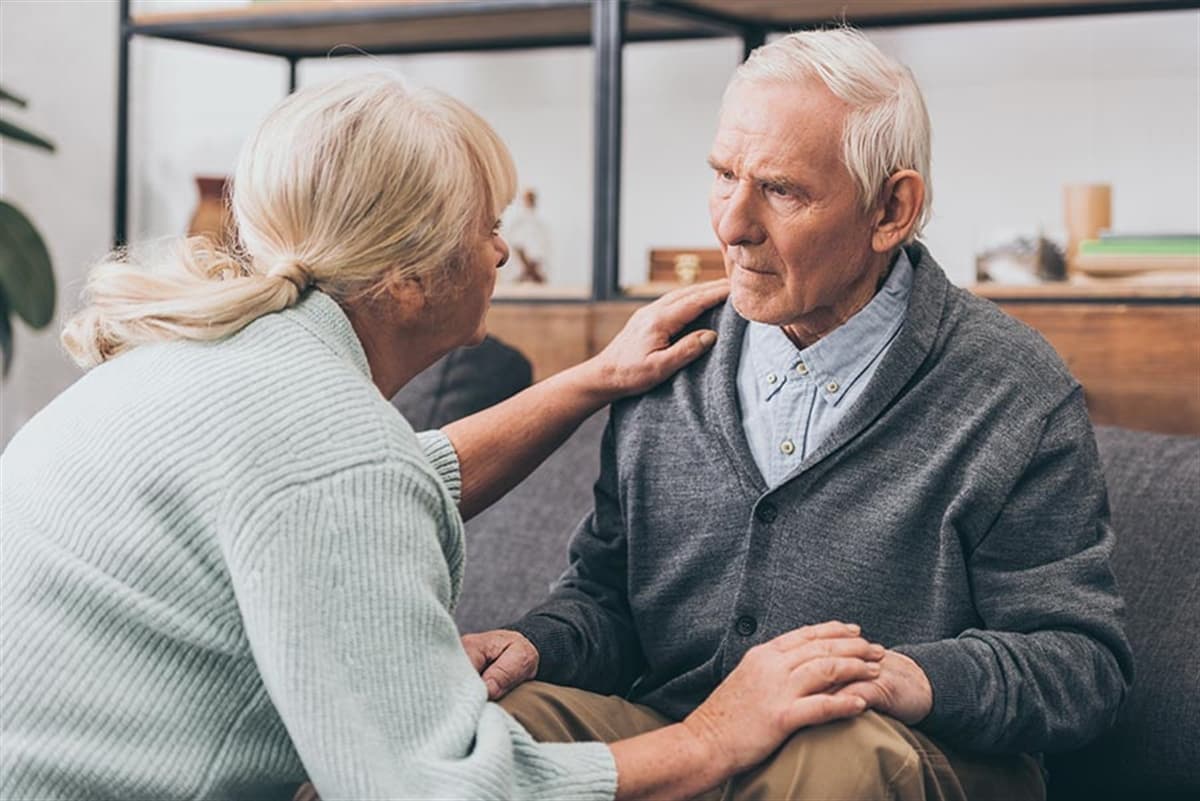By A.J. Griffiths-Jones
We have all experienced moments of confusion, it’s a part of getting older. Walking into a room and forgetting what you were looking for, searching for the glasses that are perched on top of your head, or losing the thread halfway through a conversation are all normal, a sign of forgetfulness, but for some it could be the start of something far more serious.
This week I’ve been following a local Facebook appeal with a heavy heart. It concerns a local gentleman with dementia who wandered off from his home some days ago and was last seen walking along the road towards Akbuk, a fair distance from his residence in Uslu.
This news also reminded me of a lovely expat lady who lives nearby and is also suffering with memory problems. Thankfully on the day that she disappeared from home, the Gendarme found her, confused but fine, and took her back to the police station for a cup of tea until her husband and friends could be contacted.
Dementia mostly affects older adults, but not always, and is the general term applied to the impaired ability to remember, think rationally or make decisions concerning everyday activities.
People who are affected could, for example, have trouble recalling recent events, struggle to concentrate for any length of time or even become depressed and withdrawn. In general, dementia is not hereditary but lifestyle changes such as keeping both physically and mentally active, eating a balanced diet, drinking alcohol in moderation and stopping smoking can all help prevent early onset.
Recent research also suggests that anti-inflammatory foodstuffs may slow down dementia, with leafy greens, nuts, berries, wholegrains, beans and olive oil being top of the list.
Caring for an elderly relative with a memory-related disease, such as Alzheimer’s, can be a full-time job. Extra vigilance is needed to ensure you know where they are at all times, monitoring their use of electrical appliances, such as a kettle or oven for example, and being extra patient when conversations become repetitive or strained.
There are quite a few electronic devices available nowadays that could make life slightly easier for families of dementia patients, such as bracelets with inbuilt tracking apps that connect to your phone, and technology such as the Amazon Alexa devices can be used to set reminders, turn on lights and play music.
Naturally the worst-case scenario for any family in this situation is finding that a loved one has simply gone out for a walk and not returned. Someone with dementia may still be physically strong enough to take themselves outside but often lose their bearings and cannot recognise landmarks which creates confusion.
The summer heat is especially worrying, as lack of water causes dehydration and daytime sun will add to a feeling of exhaustion.
If you see someone who looks lost, confused or bewildered, ask if they’re okay. If you don’t speak the local language, ask someone nearby to check on them and provide water if you can until the relevant authorities arrive.
If you see an appeal for a missing person, keep a look out, whether while out driving to the shops or travelling by dolmus, the more pairs of eyes searching the better.
